Related Research Articles
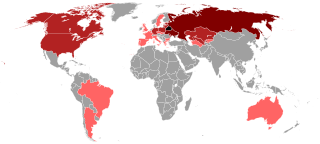
Belarusians are an East Slavic ethnic group native to Belarus. They natively speak Belarusian, an East Slavic language. More than 9 million people proclaim Belarusian ethnicity worldwide. Nearly 7.99 million Belarusians reside in Belarus, with the United States and Russia being home to more than 500,000 Belarusians each. The majority of Belarusians adhere to Eastern Orthodoxy.

Napoleon Nikodem Cybulski was a Polish physiologist and a pioneer of endocrinology and electroencephalography. In 1895, he isolated and identified adrenaline.
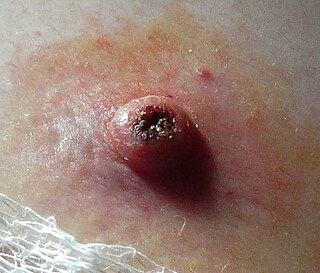
Keratoacanthoma (KA) is a common low-grade rapidly-growing skin tumour that is believed to originate from the hair follicle and can resemble squamous cell carcinoma.
Haplogroup HV is a human mitochondrial DNA (mtDNA) haplogroup.

Krasnosielc is a village in Maków County, in the Masovian Voivodeship, on the river Orzyc, in east-central Poland. It is the seat of the administrative district (gmina) called Gmina Krasnosielc. It lies approximately 18 kilometres (11 mi) north of Maków Mazowiecki and 90 km (56 mi) north of Warsaw.
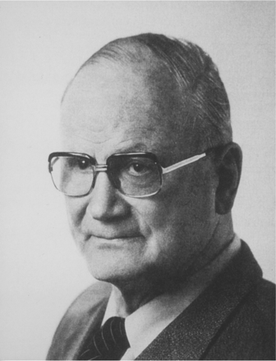
Friedrich Wegener was a German pathologist who is notable for his description of a rare disease originally referred to Wegener disease and now referred to as granulomatosis with polyangiitis. Although this disease was known before Wegener's description, from the 1950s onwards it was generally referred to as Wegener's granulomatosis.
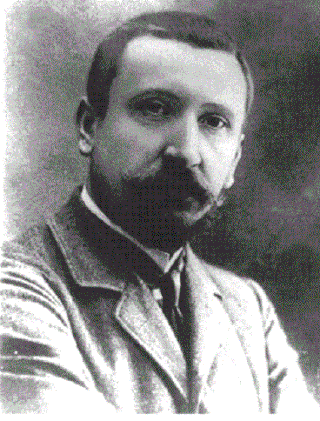
Józef Grzybowski, was a Polish geologist, paleontologist and foraminiferologist.

Muir–Torre syndrome is a rare hereditary, autosomal dominant cancer syndrome that is thought to be a subtype of HNPCC. Individuals are prone to develop cancers of the colon, genitourinary tract, and skin lesions, such as keratoacanthomas and sebaceous tumors. The genes affected are MLH1, MSH2, and more recently, MSH6, and are involved in DNA mismatch repair.

Josephus Struthius was a Polish professor of medicine in Padua (1535–1537) and personal physician for Polish kings. He also served as mayor of Poznań in 1557–1558 and 1558–1559. He wrote several books and was among the first to provide a visual representation of the human pulse and use it for diagnostic purposes.
Onychotillomania is a compulsive behavior in which a person picks constantly at the nails or tries to tear them off. It is not the same as onychophagia, where the nails are bitten or chewed, or dermatillomania, where skin is bitten or scratched. Onychotillomania can be categorized as a body-focused repetitive behavior in the DSM-5 and is a form of skin picking, also known as excorciation disorder.

The Belarusian Auxiliary Police was a German force established in July 1941 in occupied Belarus, staffed by local inhabitants, and considered collaborationist. In western Belarus, auxiliary police were formed in the form of Schutzmannschaften units, while in the east they were formed in the form of Ordnungsdienst.
Marcin Grzybowski is a Polish sprint and marathon canoeist who has competed since the early 2000s. He won three medals in the C-4 500 m event at the ICF Canoe Sprint World Championships with two silvers, and a bronze (2002).
A variety of health effects can result from tattooing. Because it requires breaking the skin barrier, tattooing carries inherent health risks, including infection and allergic reactions. Modern tattooists reduce such risks by following universal precautions, working with single-use disposable needles, and sterilising equipment after each use. Many jurisdictions require tattooists to undergo periodic bloodborne pathogen training, such as is provided through the Red Cross and the U.S. Occupational Safety and Health Administration.
Henryk Grzybowski was a Polish footballer. He was part of Poland's squad at the 1960 Summer Olympics, but he did not play in any matches.
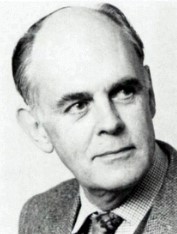
Arthur James Rook FRCP was a leading British dermatologist and the principal author of Rook's Textbook of Dermatology (1968), known as "Rook's", which reached its ninth edition in 2016.
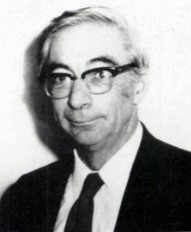
Ian Wesley Whimster MRCPath was a reader of dermatology histopathology at St Thomas' Hospital, London. He gained international recognition for his study of comparative anatomy and experiments with reptiles, particularly observing their colour patterns in relation to their nerve supply. He was part of the medical student team that went into Bergen-Belsen concentration camp in 1945, after it was liberated by British troops. On return, he made numerous contributions to dermatology, including the definition of keratoacanthoma, the distinction between pemphigus and pemphigoid and descriptions of melanocytes and malignant melanoma. He died in a road traffic accident at the age of 55.

Walter Freudenthal was a German-Jewish dermatologist who gave the earliest clear histopathological description of keratoma senile in 1926 in Breslau. In 1933, he moved to London to escape the Nazi regime and worked as a dermatopathologist at University College Hospital (UCH) in London where he coined the term keratoacanthoma in the 1940s.
Juliusz Zweibaum was a Polish scientist and specialist in histology. In 1926, he was among the first to begin studies using cell cultures in Poland. During the Second World War, he helped organize an underground medical school in the Warsaw Ghetto. He survived the holocaust and helped establish histology and embryology at the University of Warsaw.
Andrzej Edward Grzybowski is a Polish ophthalmologist, professor of medical science, lecturer and head of the Department of Ophthalmology at the University of Warmia and Mazury in Olsztyn, founder of Nationwide Education Operator., and Foundation for Ophthalmology Development "Ophthalmology 21".
References
- Grzybowski A, Zaba R. Grzybowski's keratoacanthoma – the man behind the eponym. Med Sci Monit. 14. 7, p. MH1-3, 2008. PMID 18591926.
- Grzybowski A. Polish dermatology in the 19th and the first half of the 20th centuries. Int J Dermatol. 47. 1, pp. 91–101, 2008. doi:10.1111/j.1365-4632.2007.03373.x. PMID 18173613.
- Gliński JB. Słownik biograficzny lekarzy i farmaceutów - ofiar drugiej wojny światowej. Wrocław: Urban&Partner, 1997 pp. 126–128